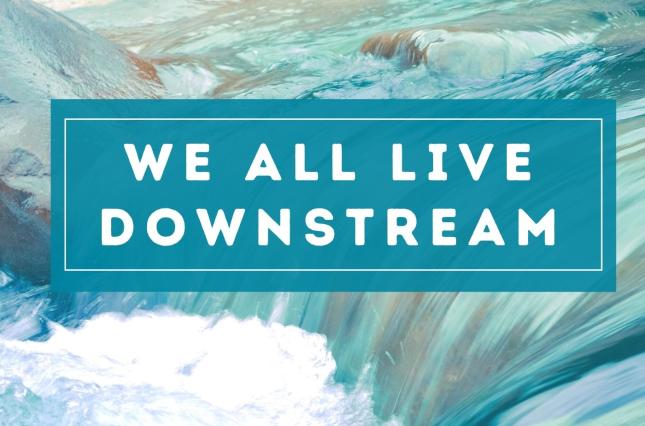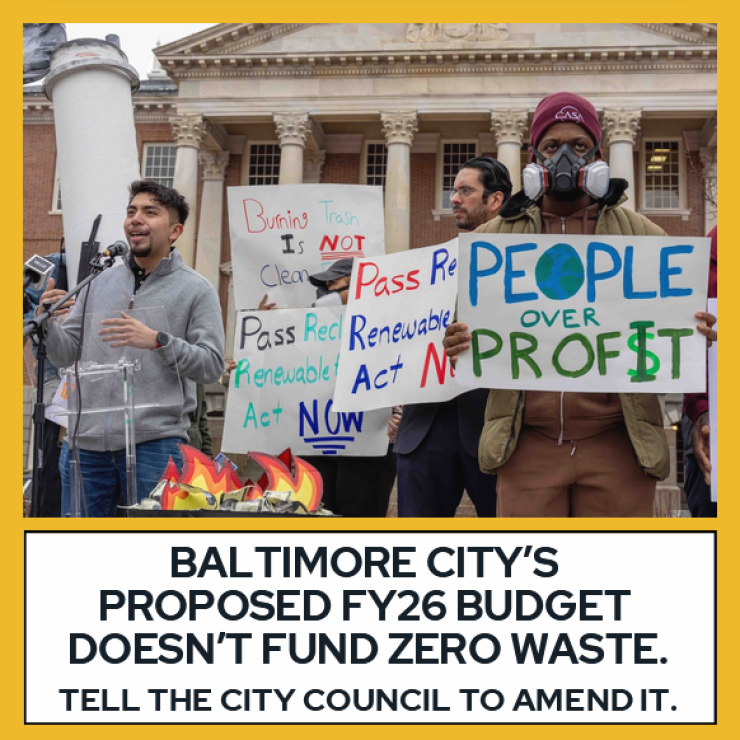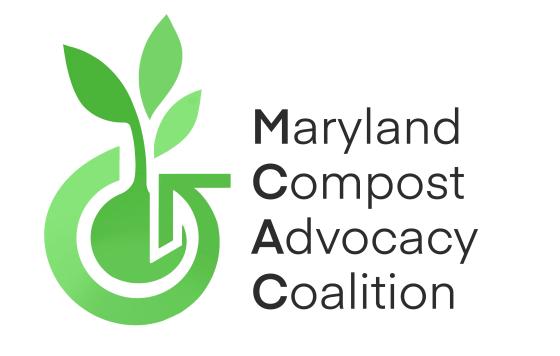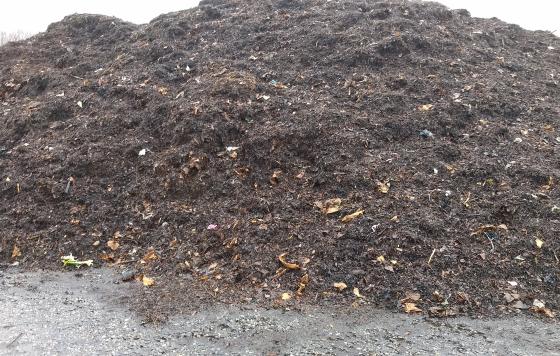Tell the Baltimore City Council and Mayor Scott to invest in Zero Waste!
For Baltimore City to build an effective and equitable transition away from incinerating our trash by 2030, we need to be investing serious money in Zero Waste infrastructure, now. But Mayor Scott’s proposed budget doesn’t do that - and last week, we learned more. Contact Mayor Scott and your
Filter By:
Maryland Compost Advocacy Coalition
The Maryland Compost Advocacy Coalition is made up of individual advocates and representatives of Maryland groups as well as national public interest organizations. We are organized to educate about the positive benefits of legislation to advance composting, compost use and food waste reduction in
2021 Maryland Legislative Agenda
We are continuing to work on legislation to decrease Maryland's reliance on trash incinerators and landfills, improve septic systems, promote environmental justice, and protect our bees. With our allies with the Smart on Pesticide Campaign, we are also supporting a package of bills to improve the
Food Waste Diversion in Action
Organic recycling is simply another type of recycling - transforming the waste so it can be reused as a soil amendment and does not clutter our landfills.
How does waste management at a business work?
Most businesses contract with a waste management company to deal with their waste, unlike
Clean Water Accomplishments in Maryland
Maryland’s legislative session ended early for the first time since the Civil War this year, because of COVID-19. This meant that the only piece of legislation we were working on that passed was the ban on chlorpyrifos. Governor Hogan vetoed the chlorpyrifos ban, opting for regulations instead
Composting on Farms in Montgomery County: Testimony on ZTA 20-04
On December 1, the Montgomery County Council held a hearing on Zoning Text Amendment 20-04, a bill to increase the amount of organic waste that farms can bring in from off-site for composting or mulching. While this is a small piece of the zero waste puzzle, measures like this across Maryland will
Food and Farmworker Protective Standards for COVID-19
Although farmworkers are considered “essential workers,” they have been granted few protections prior to and during the pandemic. As Maryland’s most marginalized workers, farmworkers are particularly vulnerable to exposure to coronavirus because of high rates of respiratory disease due





